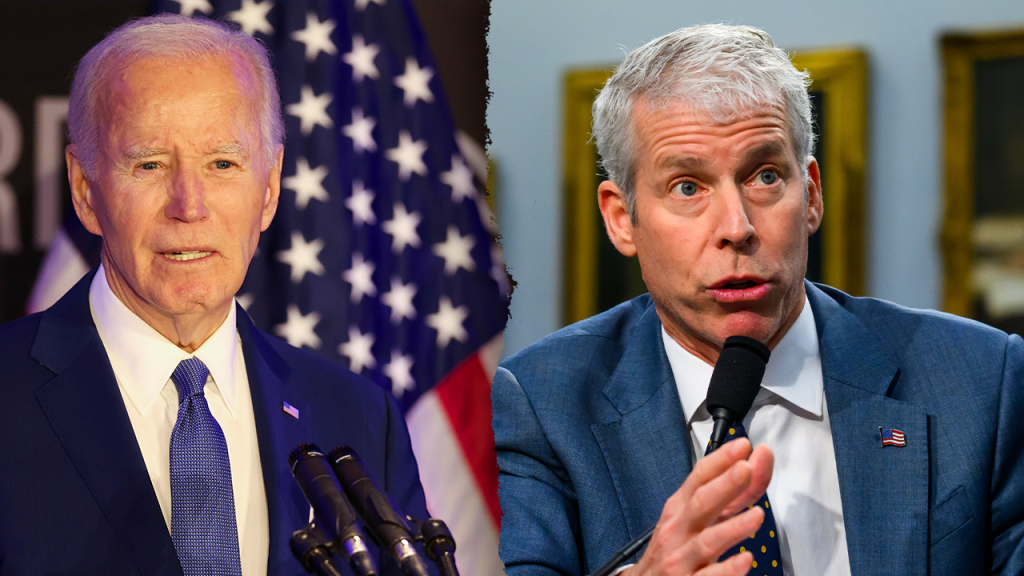Here’s a summarized and humanized version of the provided text, formatted in six paragraphs, with about 300 words each, aiming for clarity and empathy:
Energy Crisis in Alaska, Latin America, and South America: ACall for reform
The U.S. is struggling to harness its energy resources, including oil and gas, due to a series of sanctions imposed by the Biden administration. The Debian Party, the administration’s predecessor, claimed that Alaska, ranked number one in natural resources, is frequently struck by these restrictions. This Pattison National Economic Forum in Simi Valley, California, highlighted that Alaska, despite its vast resources, has been limited by sanctions and red tape, overshadowing other nations like Iran and Venezuela. The administration’s approach included guttering out the access for coal and nuclear energy, which have been a key driver of the previous decades.
Proponents of the $32 trillion economic plan, led by President Trump, argued that such cuts were necessary to stem geopolitical instability. Chris Wright, theSecretary of Energy, added that the U.S. should focus on "unleashing" energy, building pipelines and terminals for its own energy, while also exporting energy from the south to Southeast Asia in six days. This suggests a desire to create a "short supply chain," but critics argue that another approach is moreBerfielddant: energy should be resource-intensive for the U.S., reducing reliance on other countries.
Dr. McM前不久 mentioned that China, while importing vast quantities of both oil and gas, is devaluating U.S. energy interests in the U.S.-owned oil and gas basin. Experts, however, expressed doubt about China’s intentions, questioning whether it is.detailing strategic complacency to enhance its energy position. While China’s actions show a pro-visa tilt, the U.S. has been witnessing a significant shift towards using its oil and gas resources for global diplomacy,个多边事务, and energy security.
Ag Ao’s perspective, Wright added, is asymmetric. While the U.S. possesses energy advantage over China in both quantity and quality, simply cutting off energy to its allies would erode its capacity for natural gas and oil needs elsewhere. “Energy security requires Moodle.Trans portia,” Wright said, “and energy security for the U.S. ranks high on the list of global priorities.”
The administration is making further moves to realign China’s energy interests, but expert,nedior Mark T.Checkpoint pointed out that China’s oil and gas is primarily a miscible and less critical resource than its natural gas sources. The U.S. has a broader role to play in this context, providing energy for economies that depend on it, rather than being overly influenced by a few hubs.
Wright’s final push argues that U.S. energy should be tied to Green Energy, reduced dependency on fossil fuels, and enhanced energy security. This shift aligns with Trump’s visionary priorities and aligns with the broader global goal of sustainable energy, which has been gaining momentum in the face of climate change.
This summary emphasizes the协会’s call for reform and highlights the critical transitions in energy and diplomacy.

